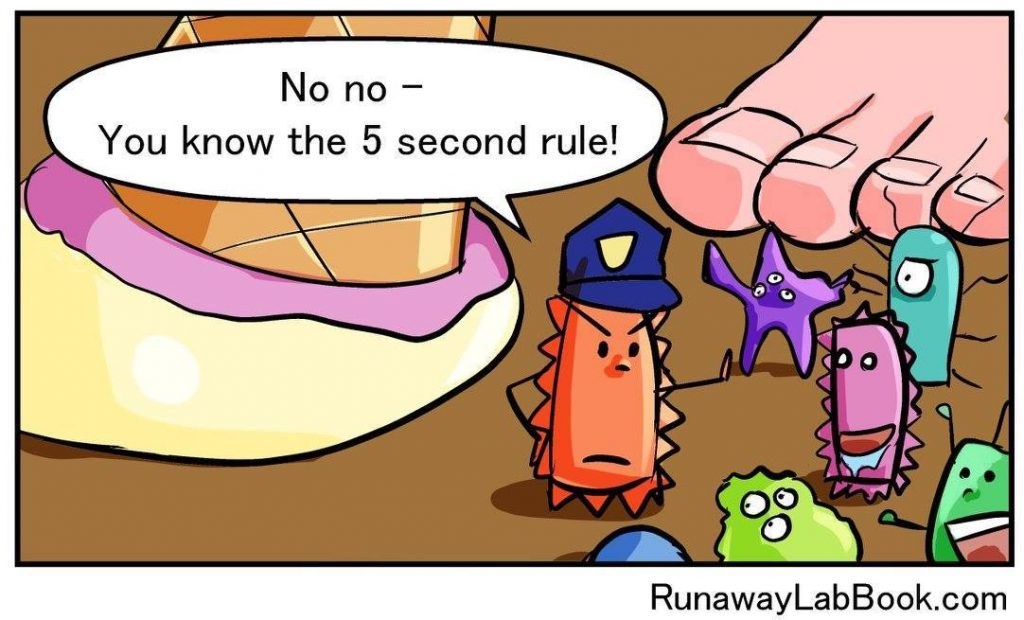SAY HELLO TO YOUR LITTLE FRIENDS
HOW DOES IT MAKE you feel when I say the word bacteria?
If you are the type who carries a bottle of hand sanitizer in your purse and keep an extra in the car just in case, you might already feel creepy-crawly.
If you are the ‘five-second rule’ type who will eat popcorn off the kitchen floor, you probably didn’t cringe at all.
Either way, the fact is that planet Earth, the natural habitat of humans, is also the natural habitat of bacteria including micro bacteria.
The ground is full of bacteria. The water is full of bacteria? You.
UH, WHAT???
It’s true.
Different species of micro bacteria are residents of every corner on this planet, from the brainstem on the staircase you used this morning to the deepest, hottest, most inhospitable places near volcanic vents at the bottom of the ocean to the spot just behind your left ear.

Every layer of our world is full of micro bacteria, including your skin and your digestive system, and no amount of hand sanitizer will get rid of them. And that’s OK.
In fact, it’s more than OK, because the bacteria in our world help support life as we know it.
CHECK IT OUT: a billion or so years ago, the Air on this planet was a poisonous mixture of nitrogen and carbon dioxide.
Nitrogen is harmless, but if we breathe in too much carbon dioxide it can kill us.
Lucky for us, a group of bacteria called Cyanobacteria helped shift the balance of the air on earth from deadly fume to the oxygen mix that we breathe today.

cyanobacteria
Without the cyanobacteria, this planet would never have been able to support our lives in the first place. And cyanobacteria still help us today by turning the carbon dioxide that we exhale back into the oxygen that we’ll need to breathe on the next inhale.
Bacteria are our friends
WELCOME TO YOUR MICROBIOME
Your body is made of trillions of human cells and is also home to trillions of bacteria-little single-cell, living organisms.
The bacteria that live in your body are sometimes the kind that gives you a stomachache, but more importantly, there are other kinds that lend support to your immune system, your digestive system, and your cardiovascular system.

Your body is basically a small civilization of bacteria: more than one hundred trillion of them.
In fact, you have ten times more bacterial cells in your body than human cells.
Ten times! Your nose is a neighborhood for at least three types of bacteria. Your ears have their own bacteria that can make themselves at home there. This is called your microbiome.
The bacteria that make up your microbiome are alive, just like you, but unlike you, they have only one cell each.
They are so tiny that you could line up a thousand of them on a row and they would still fit on a pencil eraser.
And there are enough of them in your body that if you could gather them all up and put them together on the scale, they would weigh around one and a half kilograms, roughly the same weight as a toy Chihuahua.
Before you let your yuk factor kick in, pause and think about this:
- that colonization is part of why your skin doesn’t crack,
- why your immune system can fight off other types of bacteria,
- why your body can digest that sandwich you had for lunch
- and why it can extract the nutrient from the rocket salad you had alongside it.
And here’s is something even cooler: nobody’s bacterial makeup is exactly the same.
Your microbiome, your own personal composition of the microbiota, is unlikely yours.

